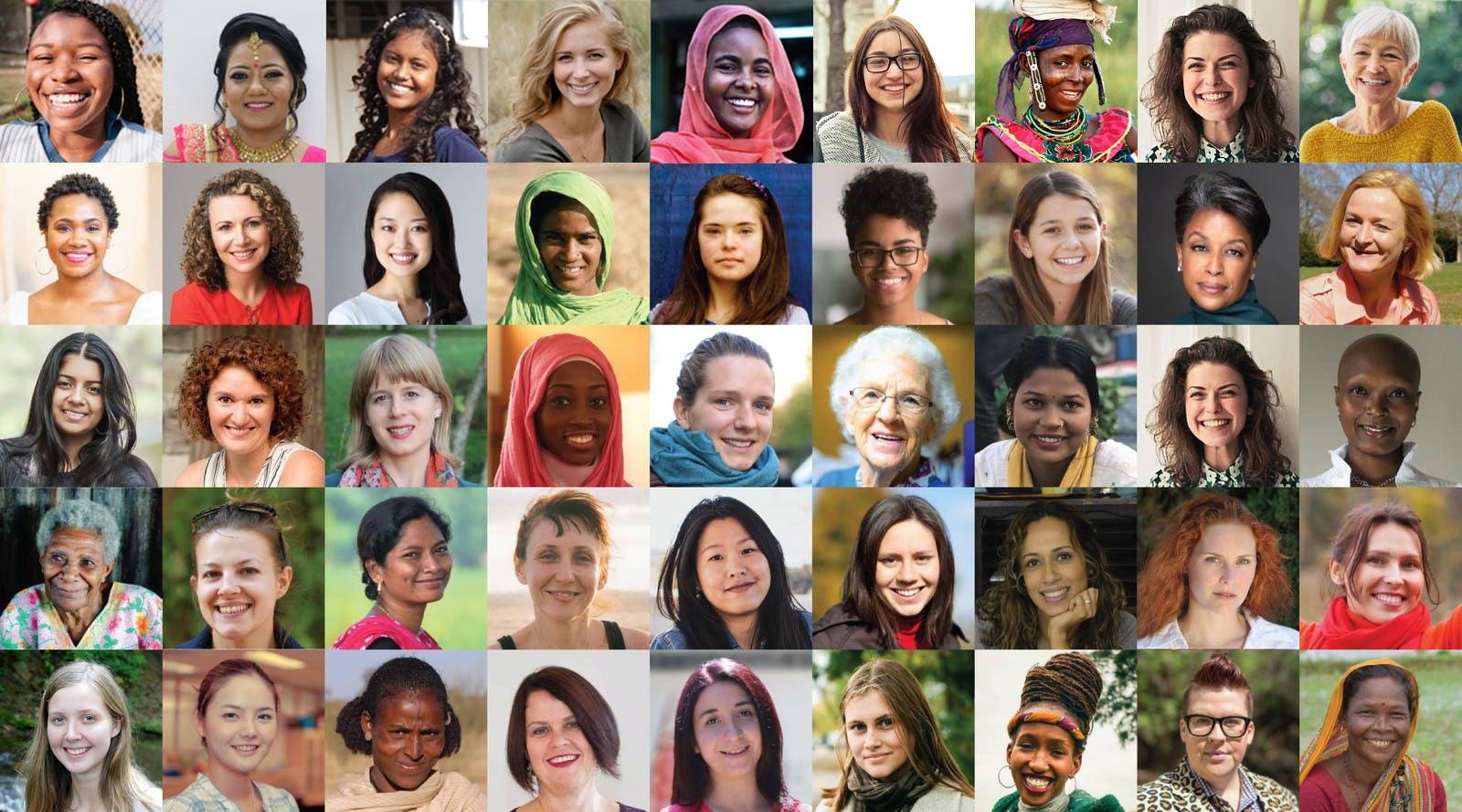Regenerating Women-Led, Agroecology-Based Enterprises in Eastern Africa
Slow Food East Africa is seeking to strengthen community-led agroecology initiatives in East Africa, prioritizing women's leadership and entrepreneurship to mitigate the impacts of the COVID-19 pandemic and extreme climate events, such as floods and locust swarms. These threats are compounded by small-scale farmers' dependence on purchasing imported seeds and fertilizers, leading to debt, degraded soils, and crops unsuitable for the shifting climate.
This project builds on previous work through which Slow Food East Africa strengthened small farmers’ agroecological knowledge through training at Food Academies and applied these lessons in production techniques.
Support will help Slow Food East Africa take the next step in tackling the challenge of commercialization by opening new local market opportunities and raising awareness among consumers of the importance of choosing culturally-appropriate and healthy foods.
Collaborators in this work include Slow Food Uganda and Kenya, Women's Development for Science and Technology (Tanzania), and the Integrated Program for the Pygmy People (Democratic Republic of Congo). The project will include trainings on value-added product transformation and marketing.

Image credit: Courtesy of the Agroecology Fund
On the financial level, women-led farmers’ groups will benefit from micro-credit support to invest in transport, production, and other activities necessary for substantial sales. Finally, the project will increase visibility for women farmers by developing communications products and holding marketing events dedicated to women in agroecology.
Efforts will be carefully documented and presented as evidence to influence policymakers, consumers, and farmers. Expected outcomes include an increased proportion of women-led, agroecology-based enterprises in target geographies and improved family income. In parallel, the women active in this project will continue to advocate with small farmers, Indigenous and consumer allies for the local and regional transformation of food systems based on agroecological principles.
Support women-led projects regenerating the Earth.

.jpg?auto=compress%2Cformat)
